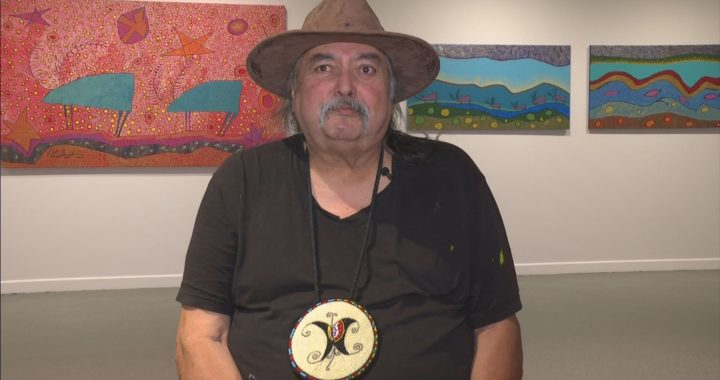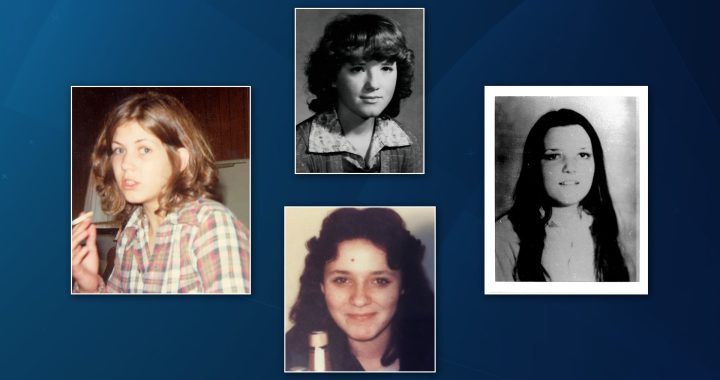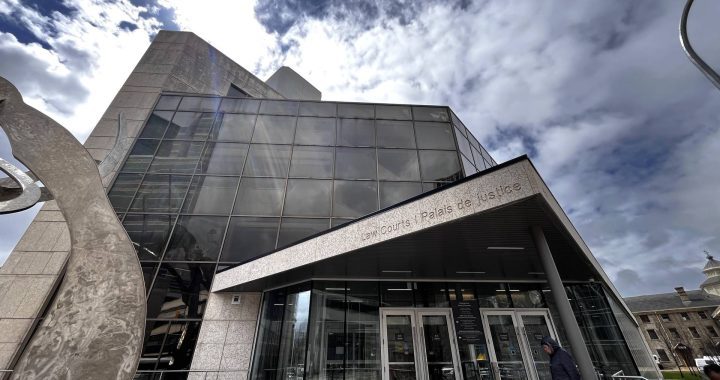
The high-profile trial is underway in the Winnipeg Law Courts. Sketch by James Culleton
Even a well-instructed jury can be swayed by bias, an American expert told a quadruple murder hearing in Winnipeg Tuesday.
Christine Ruva of the University of South Florida Sarasota Manatee testified as part of a pre-trial defence motion challenging the use of a jury to hear the case against Jeremy Skibicki.
Skibicki, a non-Indigenous man, has pleaded not guilty to four counts of first-degree murder in the 2022 deaths of four Indigenous women: Rebecca Contois, Marcedes Myran, Morgan Harris and an unidentified female victim gifted the spirit name Buffalo Woman by Indigenous elders.
Contois, Myran and Harris were all citizens of First Nations in Manitoba while Winnipeg police believe the fourth victim was also Indigenous.
Skibicki’s defence team wants the evidence against him heard by Court of King’s Bench Chief Justice Glenn Joyal alone.
Late last year, they unsuccessfully mounted a constitutional challenge to the automatic judge and jury trial in first-degree murder cases. Now, they are using the results of an online opinion poll they commissioned in February to argue the accused won’t get a fair trial from a jury due to the extensive pre-trial publicity.
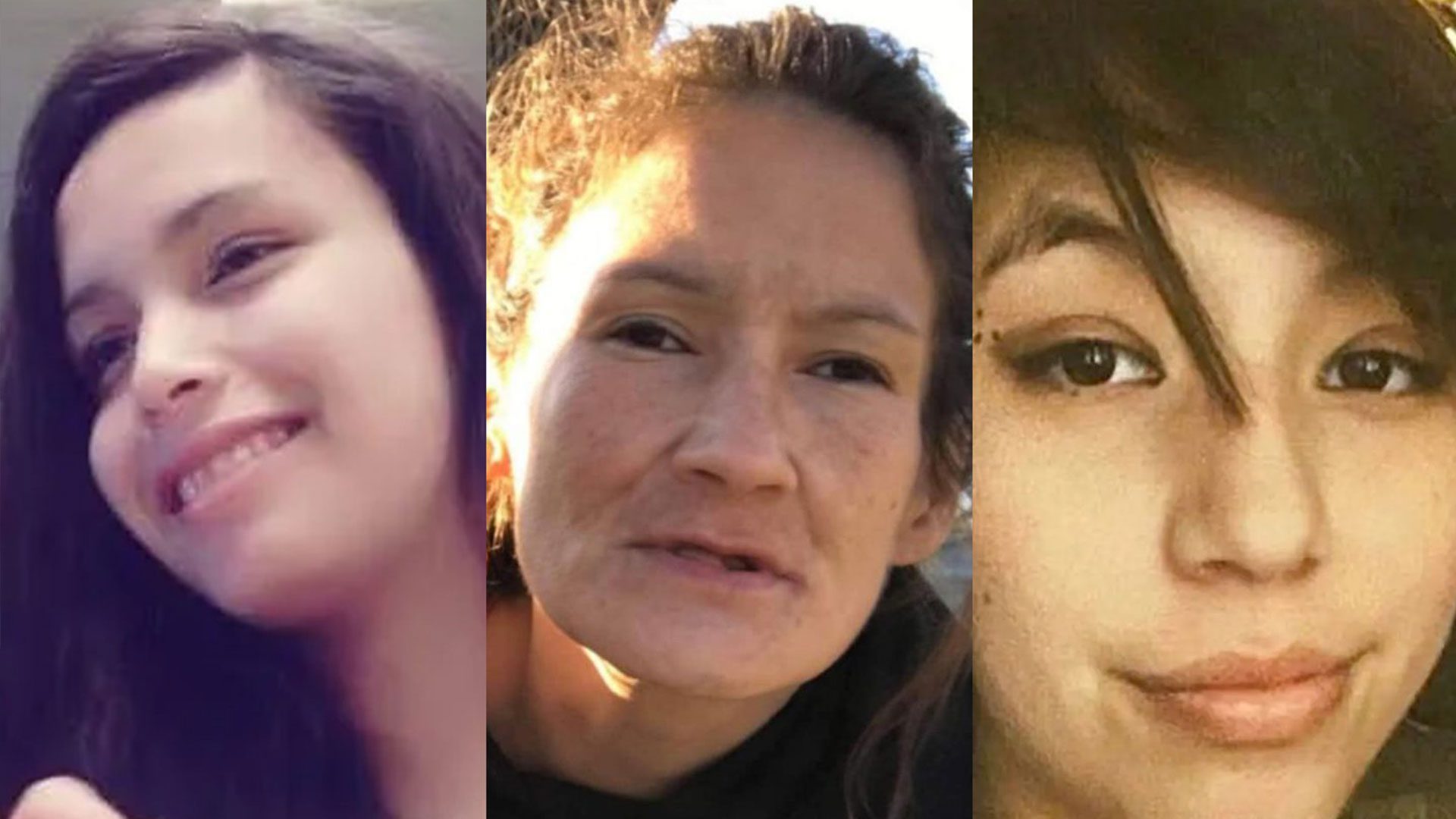
Nine female and three male jurors were selected from a pool of 22 people last week – seven of whom said they were unfamiliar with the case.
But the results of the poll showed substantial name recognition among respondents of Skibicki and the victims, said defence lawyer Alyssa Munce. It also recorded a negative attitude towards the accused, she added.
Ruva, a psychologist and American jury expert, blamed the bias on traditional and social media coverage of the high-profile case.
She said stories of Skibicki’s alleged crimes and rallies to search Winnipeg-area landfills for the victims’ remains have been persistent and “highly biasing.”
Winnipeg police recovered the partial remains of Contois, 24, in the city’s Brady Road landfill, but declined to search Prairie Green landfill just outside Winnipeg for the suspected remains of Harris, 39, and Myran, 26.

Ruva said the media’s emotional coverage of related issues like missing and murdered Indigenous women and girls, gender-based violence, racial injustice and genocide have a strong impact. As do headlines alleging serial killings and seeking justice, she added.
“Even if you try to guard against it,” she said, “no matter who we are, where we live … bias affects us all.”
Under questioning by Joyal as Skibicki looked on from the prisoner’s box, Ruva said it was nearly impossible to eliminate bias, which is defined as a prejudice or inclination for or against someone or something.
“There’s no means by which we can address this … problem?” asked the judge. “I know the court believes that bias can be corrected (via instructions from the bench).”
“I would disagree,” Ruva replied while testifying virtually. “Social scientists and the courts have a different definition of bias.
“Even if they want to be a good juror, we know that it’s very difficult to do.”
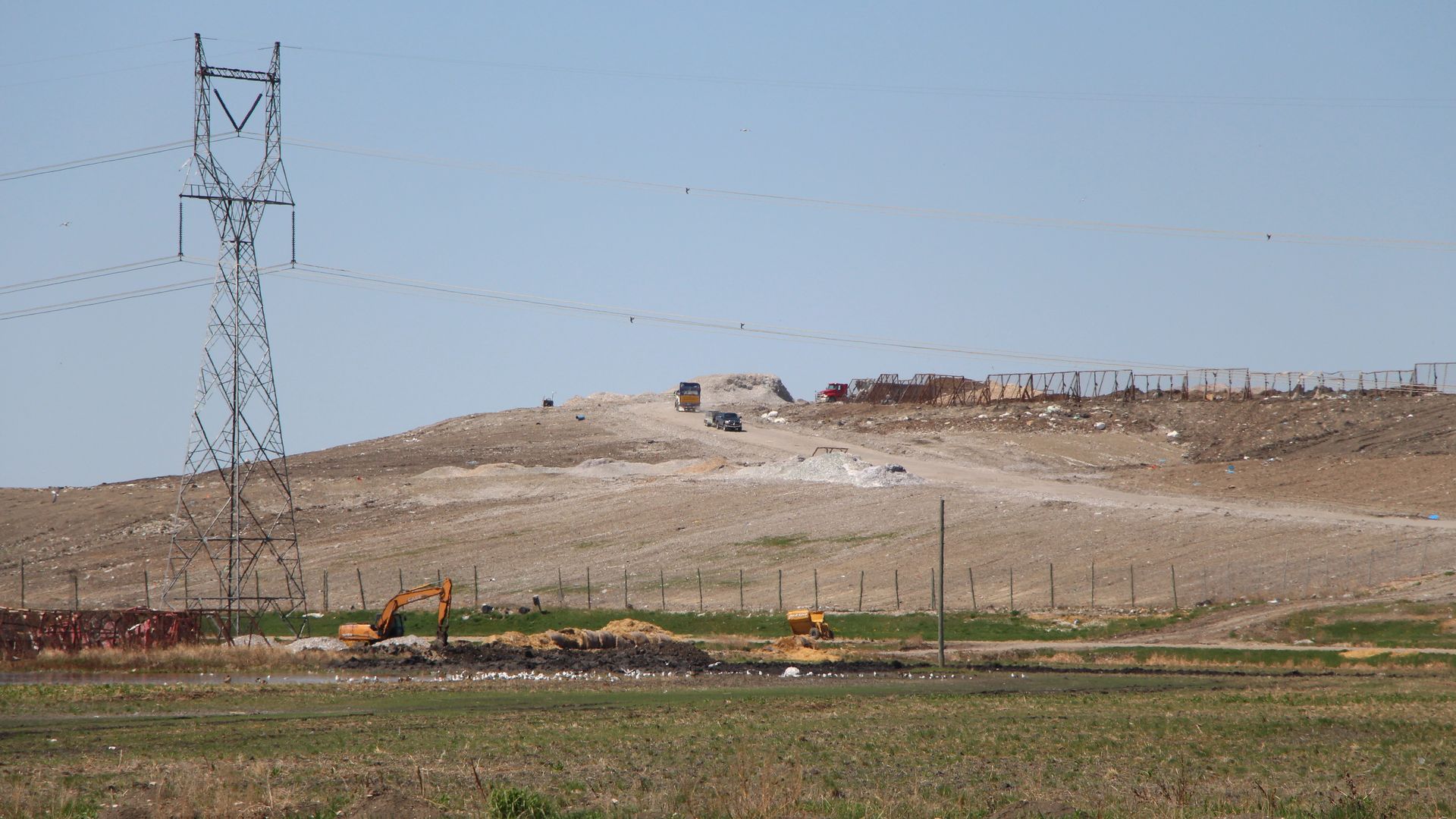
However, the prosecution pointed out even juries acquit people accused of heinous crimes.
Crown attorney Christian Vanderhooft cited the 2014 murder trial of Tina Fontaine, an Anicinabe teenager whose body was discovered in the Red River in Winnipeg.
He said the case sparked calls for a national inquiry into the root causes of violence against Indigenous women and girls – a crisis that has claimed the lives of an incalcuable number of victims.
Yet the jury found the accused, Raymond Cormier, not guilty of second-degree murder in 2018.
APTN News recently reported that Cormier had been found dead in Ottawa.
The hearing is scheduled to continue Wednesday.






